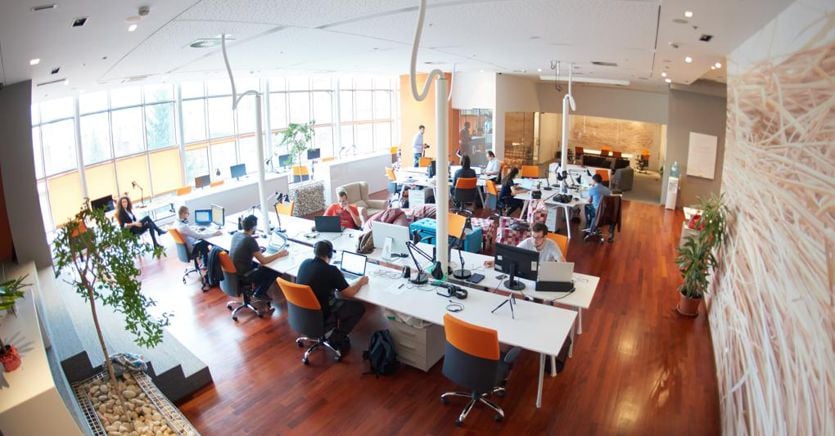With energy costs rising and inflation, and fears of a recession beginning, CFOs are starting to consider how to cut costs at workplaces as well. IWG, the flexible workspaces group headed by brands such as Regus, Copernico, Spaces, Signature and HQ, surveyed a sample of 250 managers to understand what they plan to do. 91% fear that a new economic crisis is upon us and over a third (36%) even expect recession this year. The first consequence is that almost all of them have started planning cost containment measures.
Where do we start from? For example from facilities: two-thirds (65%) of CFOs aim to reduce them by more than 10% per year. To save costs, 82% of CFIs believe that hybrid work is a cost-effective model. After all, hybrid work is now also considered a way to save on costs, both energy and space that have been used for a long time in an inefficient way. The CFOs interviewed confirm that half (50%) of companies have already opted for short-term leases or shared workspaces, which offer the flexibility to rapidly increase or decrease the number of workstations depending on the budget, without being constrained. from long contracts.
But how much does hybrid work save? On average, around € 11,000 per employee, which explains why two-fifths (39%) of CFOs are considering switching to exclusively shared spaces. The company reduces costs but also the worker saves: up to 366 euros per month if traveling by train and up to 143 euros per month if traveling by car.
